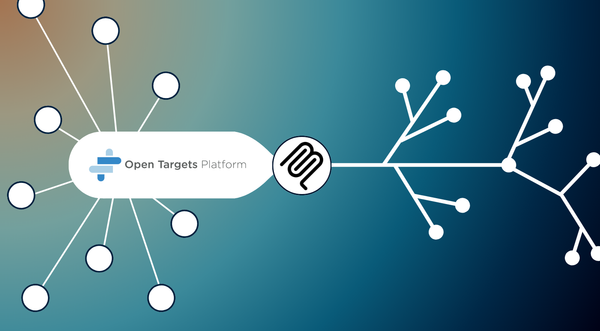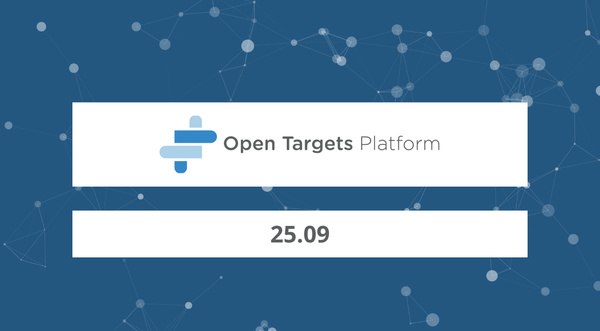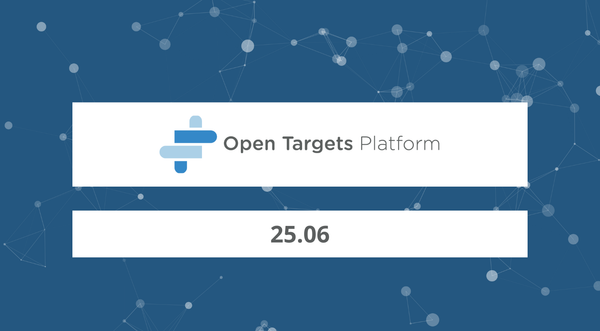Q&A with Jason Menkiti, an intern with the Open Targets data team
This summer, Jason Menkiti joined the Open Targets team as part of an eight-week internship through Health Data Research UK and the 10,000 Black Interns programme, which aims to provide STEM students and graduates with an experience related to improving healthcare through data research.
Jason recently graduated with a Masters in Computer Science from the University of Warwick. His project at Open Targets explored the data from four cancer resources to see whether and how they could be integrated into the Open Targets Platform. We chatted to him about his work, and his experience at Open Targets.

What did your project involve?
The Open Targets Platform team is scoping cancer data that would bring in novel target-disease associations for cancer types. My project explored four platforms — NCI’s Molecular Targets Platform (MTP), Clinical Interpretations of Variants in Cancer, OncoKB, and cBioPortal — comparing their data to the data already on the Platform, establishing what steps would be needed to integrate the data, and investigating new ways of displaying target-disease associations to facilitate the identification and prioritisation of targets. The overall goal is to improve the process of successful drug discovery in oncology.
What was your biggest challenge?
One challenge about working with datasets of this size is that it can be hard to check that you’re doing the right steps, because once you get the results you can’t go through item by item and double check your work. So you really have to think about the logic of your code, and make sure it’s doing what you want it to do. I was also impressed by the sheer amount of work involved in data integration and harmonisation.
For example, I had to do a lot of work to map the disease terms of the different platforms to the ontology used by the Open Targets Platform. In the case of the Molecular Targets Platform, there were a number of terms that were not mapped exactly or didn’t exist in the Experimental Factor Ontology (EFO). My project was organised in collaboration with the Samples, Phenotypes, and Ontologies team at EMBL-EBI, because they are looking to improve the terms related to childhood cancer in EFO. One of the outcomes of my project is that 12 new terms were added to EFO, which will facilitate the integration of MTP’s data into the Open Targets Platform.
How was your experience of Open Targets? And what’s next for you?
I really enjoyed the openness and spirit of collaboration in the team. When there were discussions or topics I found interesting, I was able to pull people aside and chat to them about it; people have the time and energy to talk to you and give you pointers.
I knew I wanted to work at the intersection of computer science and health and medicine, and so this internship was a great opportunity for me to see how these two areas can be blended. I hadn’t heard about the Platform before, but through the project I quickly learned how it works and the different use cases for it. It was also very interesting to see how my project fit into the broader goals of the organisation; I could see how my project helped to further the work of the Platform. I enjoyed this experience and I’m in the process of applying for other jobs in this area.




